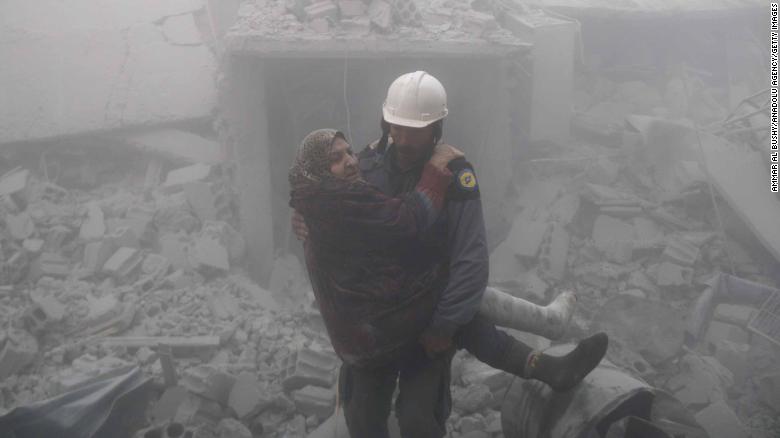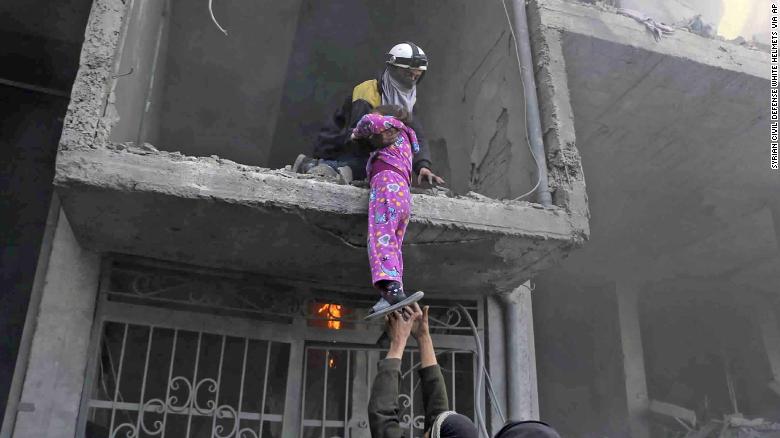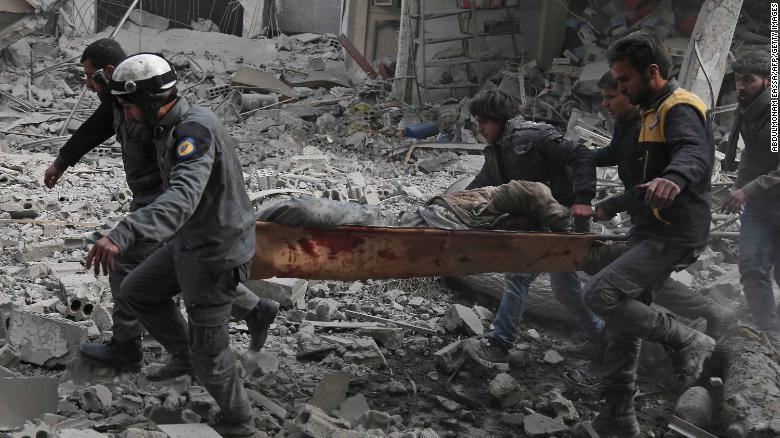Jose Mourinho described Scott McTominay as “fantastic” in response to his decision to select the young midfielder ahead of Paul Pogba for Wednesday’s Champions League last 16, first-leg draw with Sevilla.
Pogba had been left out of the starting line-up for the goalless draw with Mourinho apparently unhappy after the French star withdrew from last weekend’s FA Cup win at Huddersfield Town citing illness.
That followed criticism from Mourinho of Pogba’s recent performances, with the Portuguese making a statement by selecting McTominay, 21, alongside Ander Herrera and Nemanja Matic in midfield.
Mourinho later complained that there had been too much focus on Pogba before and after the match, and not enough on a player making his second Champions League start.
“In my pre-match interview I had four questions and three were about Paul, and Paul was not even playing. That’s a bit strange,” he said.
“If I was one of you (journalists), I would ask if the Manchester United manager agrees that Scott McTominay had a fantastic performance, and my answer would be that yes, he had a fantastic performance.
“He looked a senior player, a player with great maturity. Scott probably looked like a man with dozens and dozens of matches in the Champions League when this is only the second (start).”
Pogba played most of the game anyway, being sent on after just 17 minutes when injury forced Herrera off.
The French star played his part in a typically cautious, backs-to-the-wall away European performance from Mourinho’s side. But, tellingly, he later refused to stop for journalists in the mixed zone of the Sanchez Pizjuan.
“Paul made a big effort to try to give the team what I asked of them,” insisted Mourinho.
“He gave us stability. For a match away to Sevilla, we had a good percentage of the ball, and I think Paul had responsibility for that.”
– Doctors blamed for Herrera injury –
The injury to Herrera came after the Spaniard had been passed fit to return from a hamstring injury that had kept him out of United’s previous three games.
He could now face another untimely spell on the sidelines, with United’s programme including Premier League games against Chelsea and Liverpool before the Sevilla second leg on March 13.
“The medical department gave him fully fit. On the pitch he showed the intensity that is only possible if you are fully fit,” Mourinho said.
“Then it was a back-heel and a back-heel creates a contraction in the muscular area where he had the biggest problem, and now we have proof that he was not 100 percent fit.”
Mourinho said the scoreline “reflected what the game was”, despite the Old Trafford side managing just one shot on target all evening.
Sevilla created almost all of the chances, but could not find a way past an inspired David de Gea, who made two stunning saves from Steven N’Zonzi and Luis Muriel late in the first half.
“Even with a couple of mistakes the team defended well,” Mourinho said. “When we made the mistakes David was obviously there and that is the reason why he is what he is.”
United are hoping to reach the quarter-finals for the first time since 2014, while Sevilla have never made it past the last 16 of the Champions League in three attempts in the last decade.
Their coach Vincenzo Montella believes his side have a good chance of progressing, despite struggling recently in big matches away from home.
“I think this Sevilla have to always play to score and try to be superior to our opponents,” said the Italian.
“It is not always possible but that is what we have to do, and play to win.”








